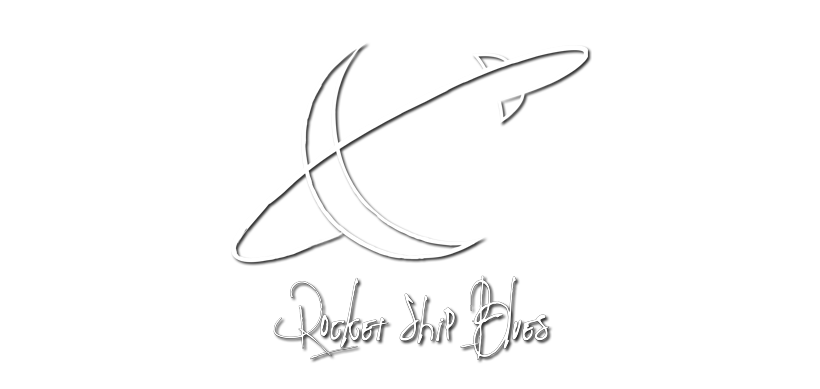
When it comes to film and entertainment, Jim Henson and Frank Oz are two of my favoritest people on this earth. And before you tell me that 'favoritest' isn't a word, I shall just inform you that neither was "Muppet" before Jim and Frank came around. But their combined contributions (The Muppet Show, the character of Yoda, Death at a Funeral {2007}, the several Muppet movies, The Storyteller... etc, etc.) are a veritable smorgasbord of delight and goodness. So the idea of a dark fantastical myth from them, made entirely with puppets, automatically screams of genius.

And as the film starts, the experience does not disappoint. You are told the story of this world, and the myth unfolds from there. There are the dark and evil Skeksis, the banished yet wise Mystics, and the endangered Gelfling that has a bigger fate that he realizes. This is a short film (90 mins), but the scope is built on epic proportions.

You are soon entranced by the evocative visuals - Henson's and Oz' use of color and scale are unparalleled, and they pull off shots with elegance and texture that we could only dream of seeing in movies these days. The dialogue is mostly on-the-nose and even laughably cheesy at times, but it's easy to overlook because the world is so tactile, the visuals so sophisticated, that you can just swim in it for hours and never want to leave. The music and sound design, when combined, have a profound effect. The puppets (of which there are hundreds), even though you KNOW they are puppets, have a startling life to them that no CGI has ever been able to capture since, and it really is a paramount of beauty to behold. As a warning, however, I'll caution that many sequences in this film are creepy, intense, and the evil depicted is rather disturbing, and I would advise against showing this film to children.

The story continues in excellent mythic fashion, and many scenes seem to feel familiar, as if they were taken from Lord of the Rings, Return of the Jedi, or Harry Potter. But then you realize that this movie came out in 1982, before any of those films came out, and all you can do is be amazed at how influential this little film was on our concept of modern fantasy. The use of color in the film alone is unsurpassed, yet mimicked and echoed in films everywhere today.

The climax reaches an apex as the final confrontation between good and evil comes to a head. And thematically so far the film has been awesome - ideas of life, death, and rebirth - tied to the connectivity of nature, and best of all, a clear division of good and evil, which is refreshing amidst the slew of 'gray area' films these days. And to elaborate, the awesome thing here is that the Skeksis are truly portrayed as PURE evil. It's their very essence to be violent, gluttonous, vile, and deceptive. We're talking about proper good and evil. This is not just popcorn entertainment. This is a thinking movie, that engages you with philosophical ideas. But unfortunately, there is one, huge, major flaw. And I am sorry to say, that in order to hear more, you are going to have to embark into the SPOILER section of this review.

SPOILERS BELOW! If you have not seen this film, please read no further. Or, rather, please do, but only if you don't mind hearing the ending.
Okay. Where was I? Oh yes, the climactic battle of good and evil. How refreshing... until it is revealed that the way the conflict gets resolved is by "the good" (Mystics) COMBINING WITH "the evil" (Skeksis) to become one creature! Hold the phone. Yes, you heard me. Combining. Good merges with Evil, and THAT'S the resolution to the conflict. They mutter something about splitting and past mistakes, and then 'transcend into the ether' and we are supposed to shout "hooray" and be happy? This is where the whole thing devolves into a load of Hippie bull crap. There's nothing more hollow than saying that the solution to the conflict of good and evil is for them to become the same thing. This is exactly the 'gray area' nonsense that we all thought this film was avoiding in the first place.
Am I just asserting my own world view and being closed-minded? Well if we can't agree that pure evil is evil, and ought to be crushed, then what can we do? If we truly believed that, our laws, culture, and entire world would be thrown to the wind. It saddens me to see this film take this turn, because it was doing so swell up to this point. It did everything right until it did everything wrong. And to see this coming from Henson and Oz makes me even sadder.
The trouble is, no matter how well a film is executed, if it's core is rotten, it really stinks up the whole experience. So the film is a very mixed bag for me. I can enjoy the parts that are beautifully artistic, and appreciate the sheer craftsmanship that went into this film, but when I am reminded of the ending, I cannot leave without a bad taste in my mouth.
The fact is, some films are trash to begin with, and it's no surprise that they fail to reason out an idea to a good conclusion, or fail to illuminate some truth or even merely resolve a conflict the right way. But with other films, and I am talking specifically about The Dark Crystal here, it is very sad to see such beautiful art get squandered on a poor ending. It really is tragic. That said, I still really, really love the other 85 minutes of the movie. And I always will.





